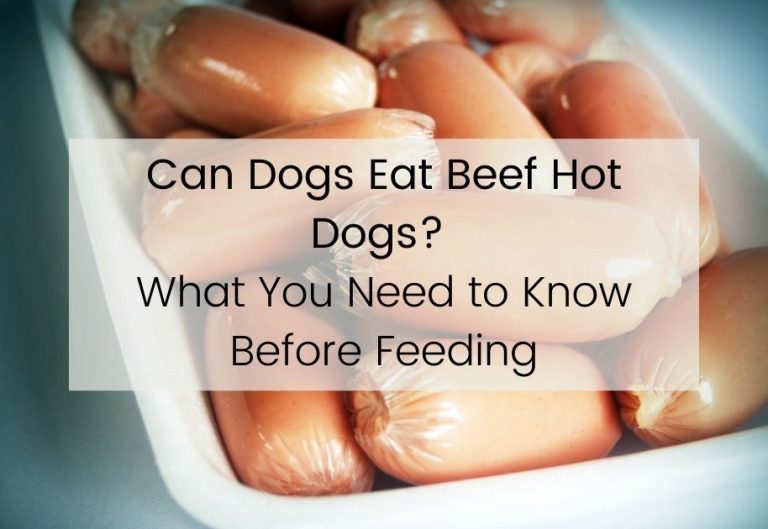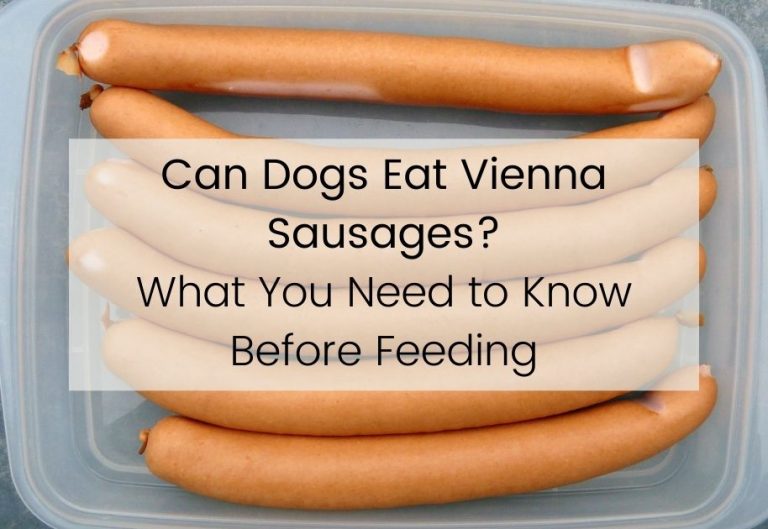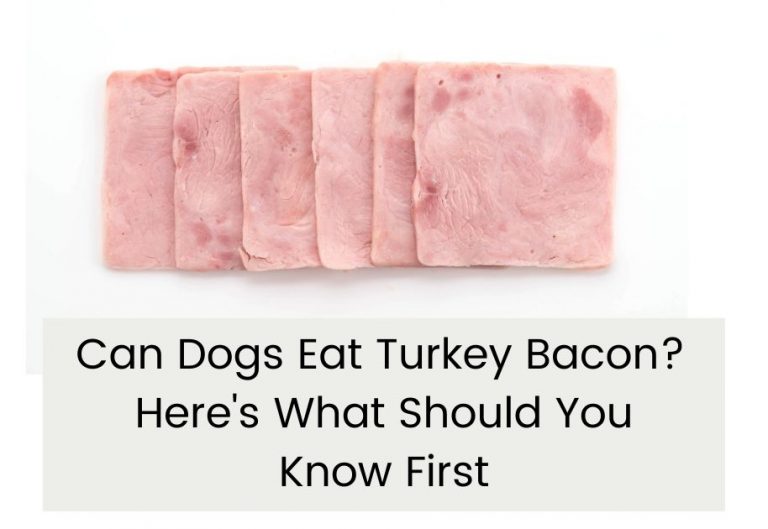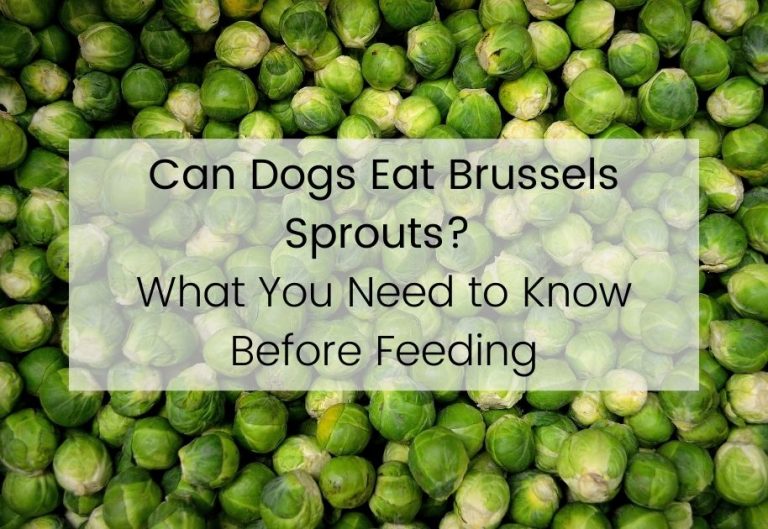Can dogs eat rice pudding?
Rice pudding: a simple, easy to make snack that is sweet and creamy, but can your dog have it too?
Some people who enjoy making this sweet treat may be wondering if it’s safe to feed their dog and the answer is YES.
If you’re wanting to give your dog a little bit of rice pudding for a yummy and carbohydrate-rich snack, then go right ahead!
However, it’s important that you should only do so sparingly.
Let’s talk more about rice pudding and how to serve it to your dog.
What Is Rice Pudding?
Rice pudding is simply cooked rice with added butter, egg, sugar or honey, and milk to taste, making a creamy and delicious pudding-like snack.
Some people will add seasonings such as cinnamon or nutmeg or even some chewy morsels like raisins or other fruit as well.
Once the rice pudding is cooled down, it can be given to your dog in small quantities.
As long as it doesn’t include chocolate, raisins or other toxic ingredients.
Is Rice Pudding A Good Snack For Dogs?
Yes, in moderation rice pudding can be an acceptable snack for dogs.
Rice provides a healthy amount of carbohydrates, protein and fat.
However, with the addition of ingredients like sugar, butter and milk, your dog will most likely be exceeding their calorie intake for the day.
Because of that, it would be mindful to only give this as an occasional treat to avoid unwanted weight gain and obesity.
It is also important to note that rice pudding is not a balanced meal and should not replace a complete dog food diet.
If you are looking for a healthy dog-specific rice pudding recipe, then give this a try!
- ½ cup of uncooked rice
- About 2 tablespoons of cooked ground beef
- 1 ½ cups of milk
- 1 teaspoon of cinnamon
Combine all ingredients in oven safe dish and cook in a 350℉ oven for about 45 minutes, stirring every once in a while for the first 30 minutes.
Allow it to cool before serving to your dog.
How Is Rice Pudding Good For My Dog?
Rice pudding does have sugar present, which doesn’t include any nutritional value for your dog’s diet.
However, the rice itself can be quite healthy and the milk and eggs have some minor benefits as well.
Let’s go over the nutritional health and benefits of the ingredients in rice pudding.
White Rice
Rice is a commonly found ingredient in many commercial dog food diets, so there is truly nothing wrong with it being given as a snack.
On the other hand, additional rice on top of what they get from their daily meal is a little unnecessary calorie-wise.
Rice does include 79% carbohydrates and has a high amount of vitamins B5 and 6, which are excellent sources of energy.
This carb is also rich in minerals such as copper and manganese, which copper is great for red blood cell production and manganese helps to keep bones strong and healthy.
Milk
Milk is clearly dairy or lactose, which if your dog has any kind of lactose sensitivity then rice pudding should be avoided.
If your dog can tolerate dairy, then it shouldn’t cause much of an issue.
Milk is another great source of B vitamins, specifically B2 and 12, which help to play a role in the conversion of food into energy.
Milk is also an abundant calcium and phosphorus source, which helps to encourage strong teeth and bones.
Eggs
Eggs are pretty well known as a great source of healthy protein and fat, but they are also rich in vitamins B5 and 12.
B vitamins are incredibly important and beneficial to your dog’s overall health.
However, their dog food diet should include an appropriate amount for their age and physical condition.
Eggs also include beneficial components such as selenium and other helpful amino acids.
Butter And Sugar
I'm just going to lump these two together under their own category, which should be labeled “unnecessary”.
For dog’s the butter is heavy in saturated fats with some unsaturated and polyunsaturated fats added into the mix. For our companions, the lower the fat, the better.
While it certainly has its place in your dog’s daily diet, additional foods with a high fat content are only putting our pets at risk for obesity and pancreatitis.
Are There Risks With Giving My Dog Rice Pudding?
The average dog should be able to ingest a small amount of rice pudding and be fine.
However, not every dog is the same and there are certainly times where anything other than their normal diet can upset their stomach.
It’s safe to say that if your dog is not prone to a sensitive stomach and is otherwise pretty robust and not overweight, then a little snack should be fine.
If your dog has any lactose sensitivities, then rice pudding should most definitely be avoided.
If your dog has a history of pancreatitis, do not feed your dog any rice pudding because the fat content from the milk, butter, eggs and sugar will surely cause some tummy troubles.
The biggest risk with feeding your dog rice pudding is the addition of any other ingredients, such as fruit or any kind of tasty topping.
If your rice pudding includes chocolate or fruits such as grapes or raisins, then it must be avoided as these are very toxic.
Do not give your dog rice pudding if you have sweetened it using an artificial sweetener that includes xylitol.
This is also highly toxic to dogs and cats.
Can Rice Pudding Be Given To Puppies?
It would be best to avoid feeding rice pudding to your young puppy until they are a bit older.
This is especially true the younger that they are.
A little puppy’s stomach is quite sensitive, especially after weaning, so it would be best to avoid feeding it to your dog.
Conclusion: Can Dogs Eat Rice Pudding?
Most dogs can eat rice pudding without an issue, but there are a few reasons why you would want to avoid it with some pets.
Also any addition of chocolate or raisins is not safe for dogs to eat.
Make sure that you are only giving your canine companion small amounts of rice pudding in moderation.
Oh! And don’t forget to reach out to your vet before introducing new, human foods to your dog and call them right away if any negative reactions are seen.



![Can Dogs Eat Cornstarch? [Health Benefits & Side Effects]](https://doghealthknowhow.com/wp-content/uploads/2022/02/Can-Dogs-Eat-Cornstarch-768x529.jpg)

